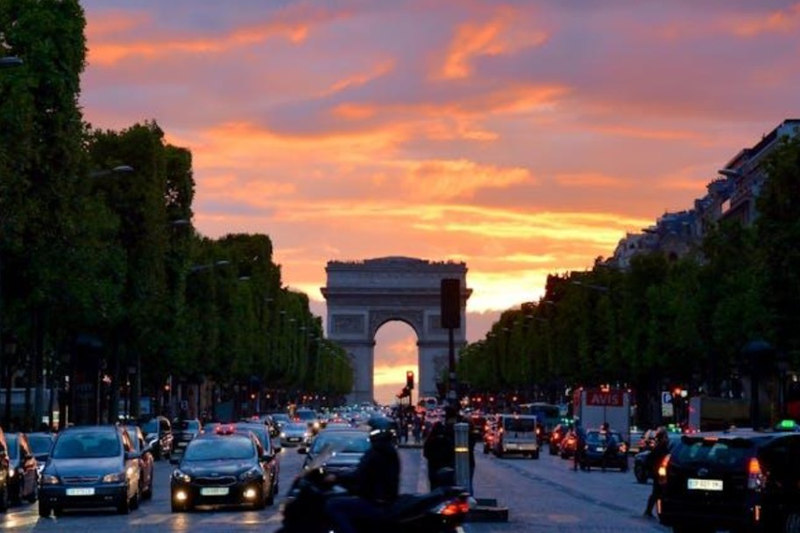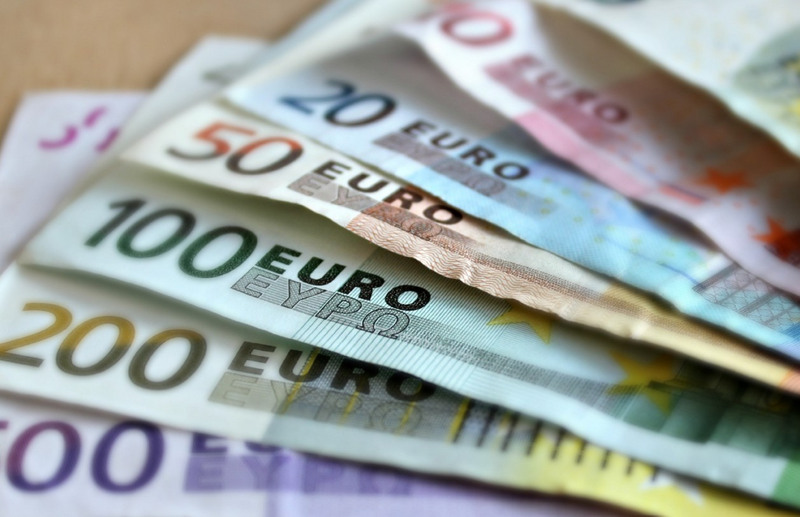
France has long held a special place in the hearts of British holidaymakers, and for good reason. The English Channel, also referred to as La Manche, separates England’s southern coast from the northern coast of France. At its narrowest point, it’s just 33 kilometres. With the Channel Tunnel, ferries, and short flights, getting to France is quick and convenient. The country offers various attractions, from the glamorous Côte d’Azur to charming places like the Dordogne and Loire Valley, which provide tranquil retreats with stunning scenery. Many Brits feel at ease due to the widespread use of English in tourist areas and the long-standing cultural ties.
If you’re planning a trip from the UK to France, these are the secrets to a stress-free journey:
To Ensure A Smooth Crossing, Have All Documents Ready

Following Brexit, travellers from the UK are considered third-country nationals in France, which means you’re subject to the EU’s immigration rules for non-EU citizens and must comply with a certain number of conditions. Your passport must be less than 10 years old and must remain valid for a minimum of three months beyond your intended departure from the Schengen Area. UK citizens can stay in France up to 90 days in any 180-day period without obtaining a visa. Starting late 2025, it will be necessary to apply for ETIAS (European Travel Information and Authorisation System) before traveling.
UK passport holders can now use the e-gates at EU airports, so you’re no longer subjected to long queues at immigration booths for an entry stamp. Access is available at major airports like Charles de Gaulle, Orly, Bordeaux, Marseille, Lyon, and Nice, as well as Eurostar and Eurotunnel terminals, which use tech-savvy systems to scan British passports. Access will be further enabled by the implementation of the EU’s new EES beginning in October 2025. Each time a traveller crosses the border, the system collects personal information, their travel document data, biometric data, and the date, time, and location of entry and exit.
Get An eSIM For Better Rates And Coverage
UK SIM cards work in France, but there are important details to bear in mind. Since Brexit, mobile operators are no longer required to offer free EU roaming. As a matter of fact, major UK networks like EE, O2, Vodafone, and Three have reintroduced roaming charges for travel in countries like France, so you pay additional fees for calls, texts, and data. Charges vary by operator, but they’re quite expensive, so consider buying a travel eSIM for France if you want seamless, instant connectivity wherever you go. Install your eSIM a few hours before your departure to have connectivity upon arrival, which enables immediate navigation, ride-sharing, or contacting loved ones.
Have Some Cash On Hand

Credit cards accrue rewards, with most programs allowing you to earn points, cashback, or miles on eligible purchases. Even if they’re widely accepted in France, especially Visa and Mastercard, it’s still wise to carry some cash to cover small purchases and serve as an emergency backup for situations like card failure or ATM issues. Tips aren’t expected in cafes and restaurants. A 15% service charge is already included in the prices, but giving out tips shows waiters you appreciate what they do. Tipping taxi drivers, hotel staff, or tour guides is fairly common.
It’s not hard to find an ATM machine, lest you’re visiting rural areas. ATMs are placed in areas with high footfall, such as busy streets, malls, train stations, and tourist attractions. You can use British debit cards in France to withdraw cash, but check for foreign transaction fees. This can help you manage your finances better. It’s smart to carry some cash for flea markets and souvenir shopping because you know how much you’re spending and can prevent the impulse buys of potentially overpriced items. In France’s larger cities, such as Paris or Cannes, pickpocketing is common, so don’t carry more in your wallet than you’re willing to lose.
If You Plan To Drive, Be Aware Of The Following
The French drive on the right-hand side of the road, just like in most other European countries, which means the steering wheel is on the left side of the car. This requires some mental adjustment and careful attention since it entails changing usual habits that run back centuries. You can expect minimal to no traffic on French roads. If you plan to get behind the wheel, check if your driving licence is still valid. If you’re taking your own car, you’ll also need your logbook (V5C) to prove ownership; not having it carries serious implications, such as fines and vehicle confiscation.
Be Prepared For Cultural Differences

France has a low level of English proficiency, which means French speakers tend to struggle with English, especially in casual or professional settings, despite improvements in recent years. Studying common greetings and phrases can help you understand the culture and fit in better with the locals by showing respect. Use language-learning apps or flashcards for daily practice. In formal settings, address everyone by their title. While you don’t need designer labels, avoid dressing too casually, as it can make you appear out of place. Focus on fit, cleanliness, and balance.
Smaller, traditional stores and businesses close in France for two to three hours during lunch, typically from 12 p.m. or 1 p.m. to 2 p.m. or 3 p.m. Supermarkets and shops in major urban shopping centres or tourist areas remain open during la “journée continue”. Contrary to popular opinion, the French can be very friendly. They’re more reserved with strangers, so they don’t immediately start conversations or smile at everyone. Warmth is typically reserved for close friends and family, and the French’s initial reserve isn’t rudeness but a sign of respect for personal space. Once they get to know you, you’ll find them very chatty.
Wrapping It Up
With just a little planning, the journey from the UK to France becomes the perfect gateway to a memorable adventure that pushes you beyond your comfort zone and leaves you with awe-inspiring moments.
